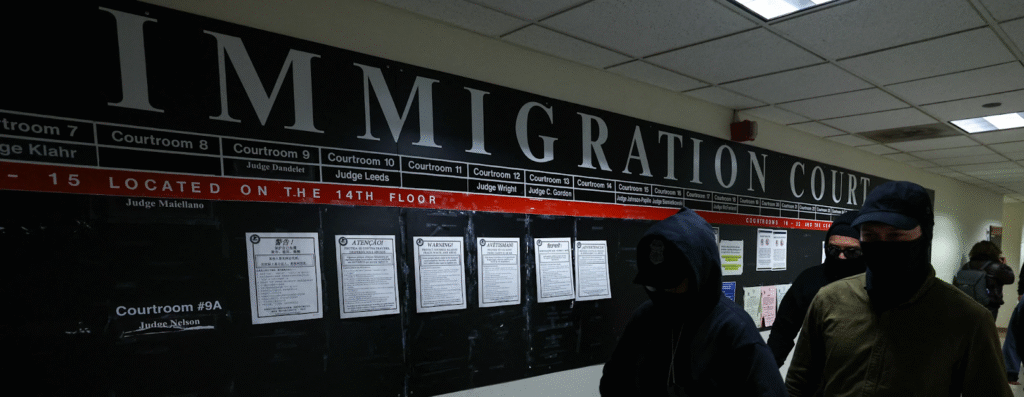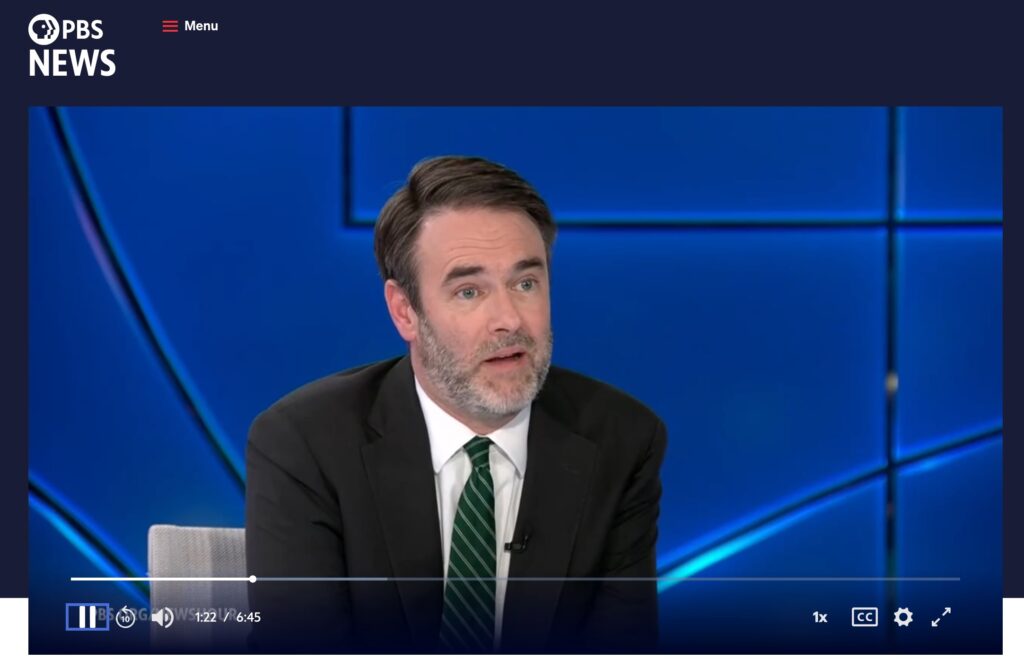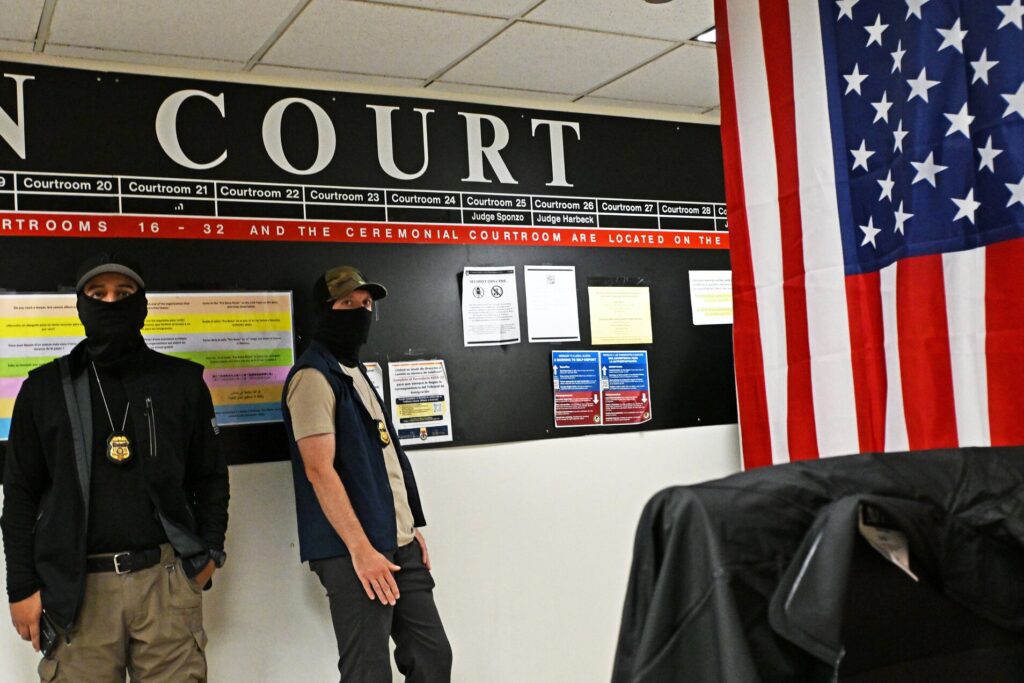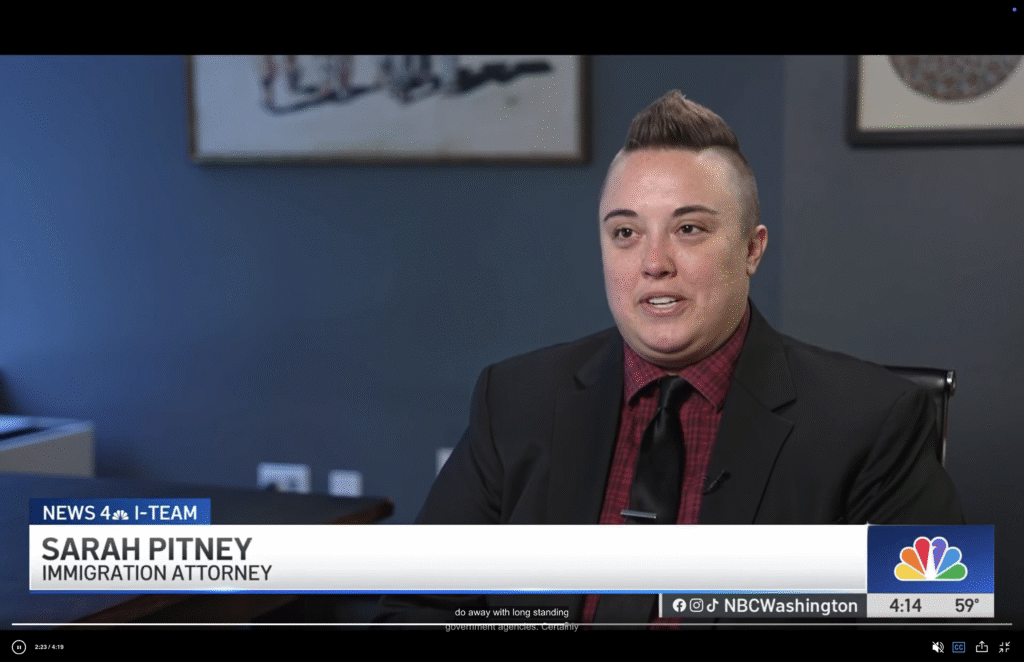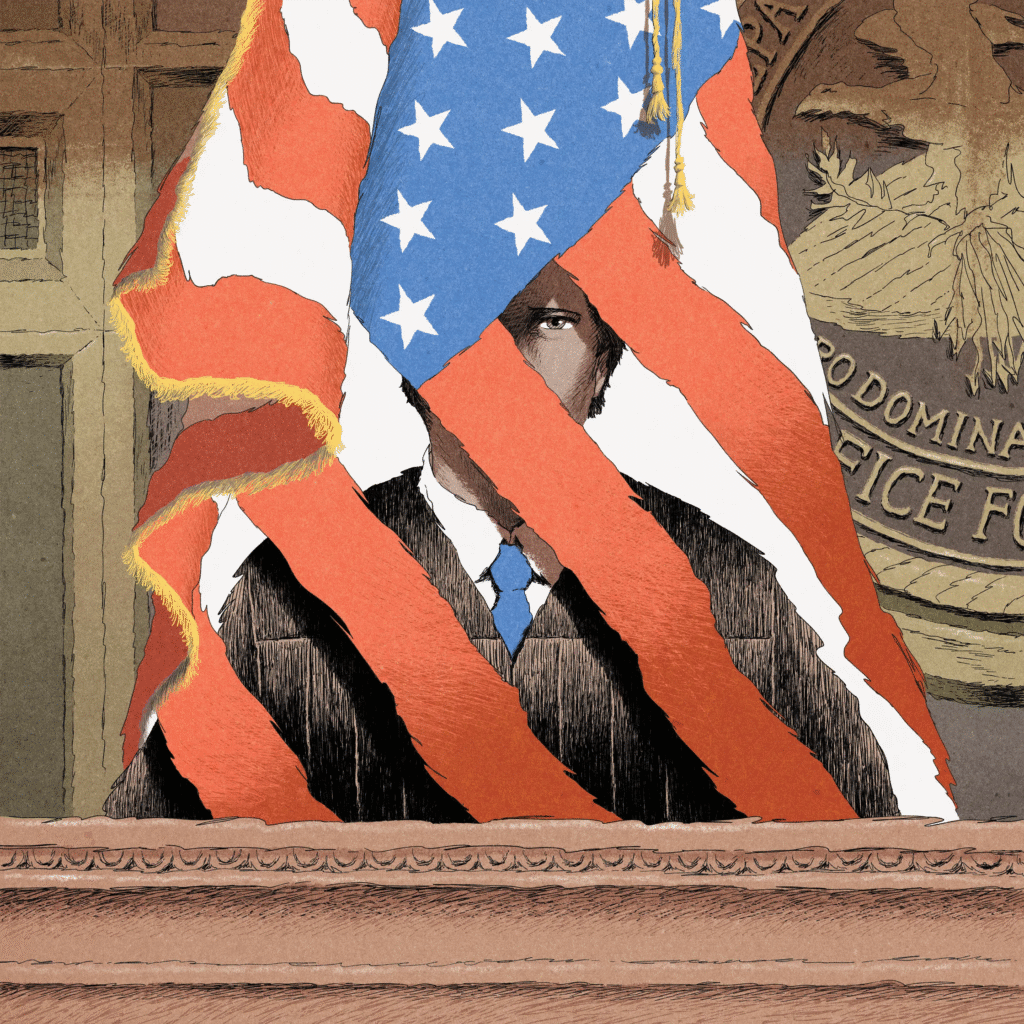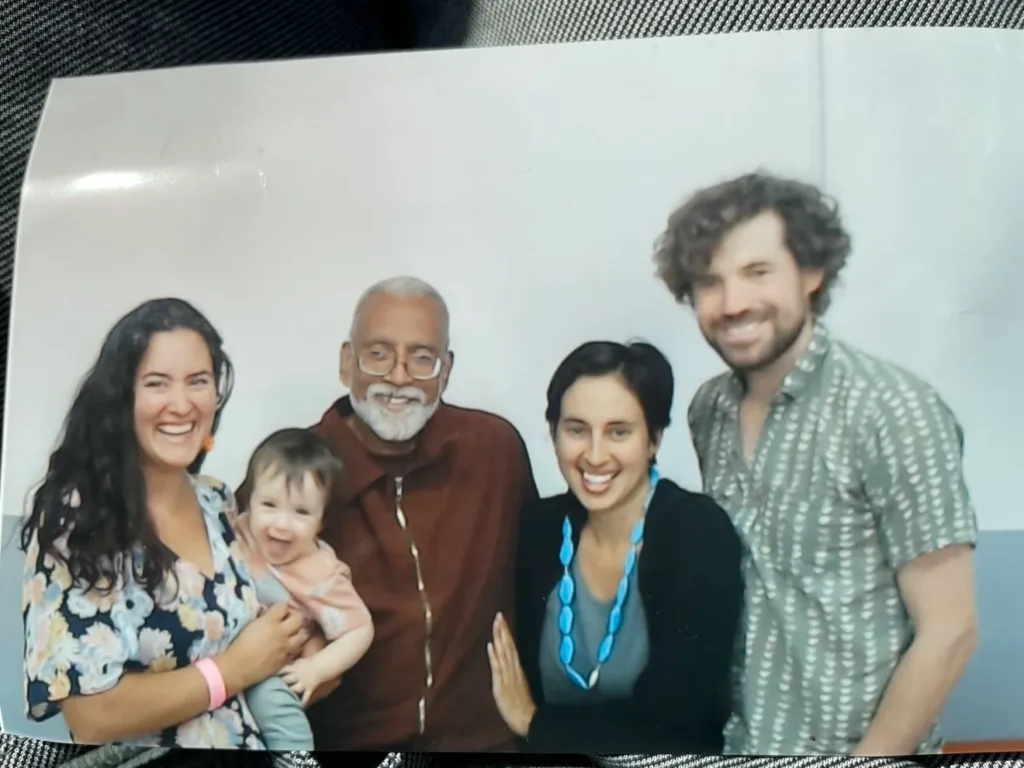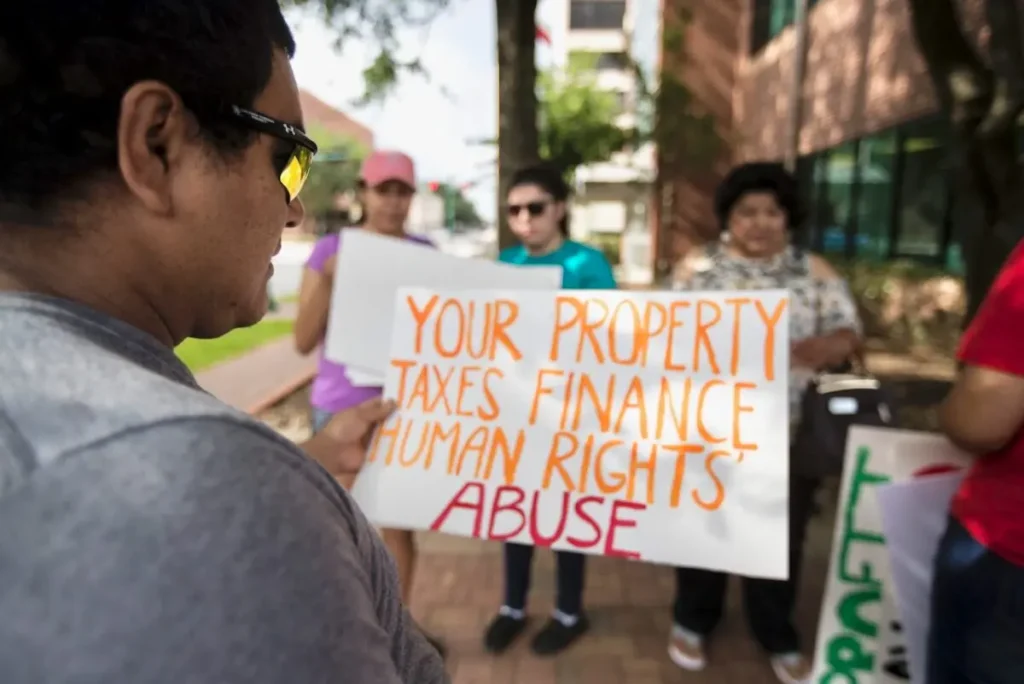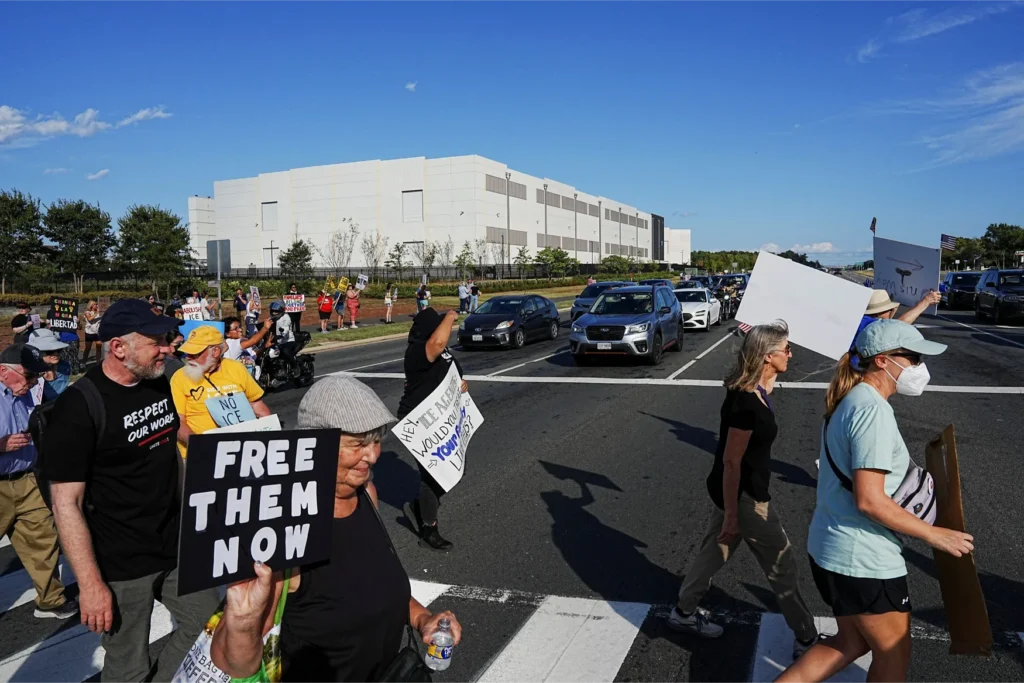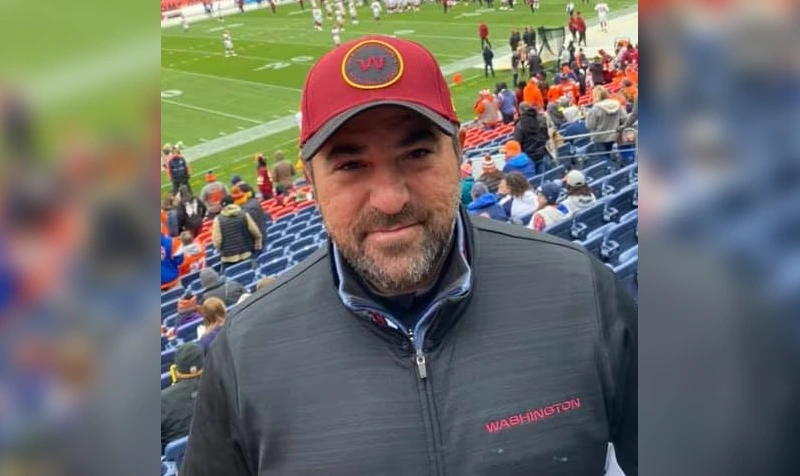Feb. 4, 2026 – Benach Pitney Reilly attorney and former immigration judge Emmett Soper talked with Bloomberg Law about reports that new Trump Department immigration judges are being trained in only three weeks and instructed to stop granting asylum except in rare cases. Soper explained that, when he was trained to be an immigration judge in 2017, his training was comprehensive, non-ideological, and he was not pushed to arrive at any particular results.

- contact us TODAY
202-644-8600
- contact us TODAY
